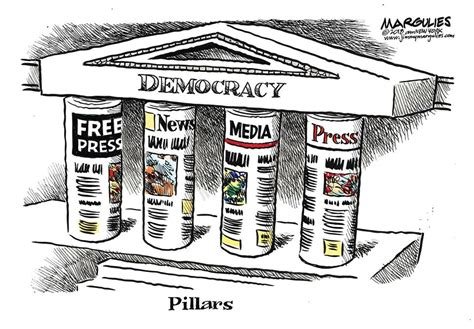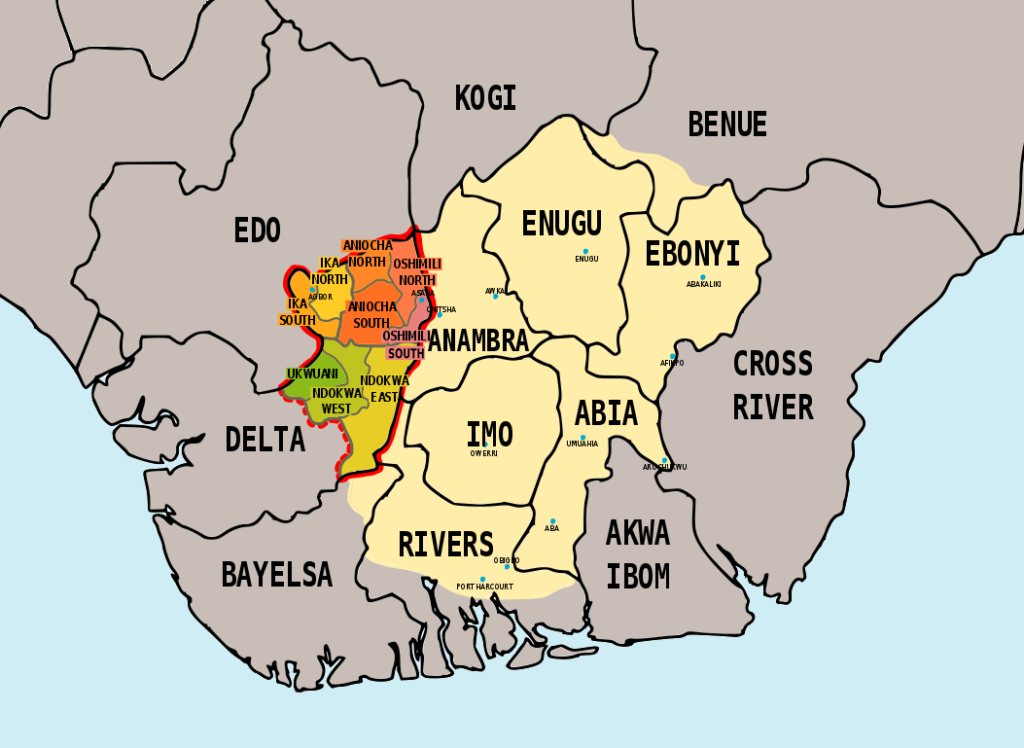Have you ever noticed the explosion of advertisements on, and sale of ‘natural aphrodisiacs’ on the web? As we write, there are probably as many such ‘wonder working’ drugs as there are ‘doctors’ and ‘manufacturers’ ascribing improbable, way-out-of-this-world properties to them on social media. Most of the ‘doctors’ and ‘nurses’ marketing these ‘medicines’ would easily claim that a 90-year old man would, at the ingestion of an advertised ‘wonder’ aphrodisiac, have his old age-induced erectile dysfunction resolved in a matter of minutes and he would become a 20-year-old in sexual vigour again for the rest of his life!
This era reminds one of Jeremiah Abalaka, a surgeon turned immunologist, who claimed to have developed a vaccine for the Human Immunodeficiency Virus (HIV). Abalaka’s claims were never thoroughly verified by the Nigerian medical authorities nor did the government pay him any heed when he said he would only release his ‘vaccine’ recipe to the Nigerian government under a negotiated agreement.
Now, consider that between Year 2000 when Abalaka’s claims were the Nigerian media diet for a long time, social media use in these parts was still in its infancy. So, credit must be given to Abalaka that he trended for quite some time even within the tightly regulated old media space at the time.
But these days? No thanks to social media, anyone can mash into a paste green leaves without even any medicinal properties, ascribe some improbable efficacy rate to it and mount the web to market it and there would be hundreds, if not thousands of folks scrambling to buy it, making overnight millionaires of scammers who couldn’t care less about the veracity of their claims. These people practically get away with blue murder and you ask: where, in the name of human decency, even sanity, are the regulators – NAFDAC, SON and others?
But no matter. Question is, have you ever wondered why almost all of the hundreds of dangerous, unverified concoctions dubbed ‘natural aphrodisiacs’ that many ‘gifted doctors and herbalists’ claim to have discovered or were given the visions for in the dreams, are marketed and sold only on the web?
In this week’s HARD BEAT, ADEMOLA TIJANI discusses what we at Daily Query now like to call ‘web-only-destination wonder sex-enhancement drugs.’
It is a good read and an eye-opener. Please, enjoy it.
It has become a widespread and familiar occurrence to witness an array of advertisements on social media promoting various natural aphrodisiac products. These ads, created by manufacturers of such products, claim remarkable effectiveness and often make bold assertions about their ability to enhance sexual performance. In their quest to capture the attention of consumers, particularly the more vulnerable or easily swayed members of the public, these manufacturers employ a range of marketing strategies.

One of the most prominent and controversial tactics used is the display of scantily clad or nearly naked women. This technique is frequently chosen as a means of grabbing the attention of potential buyers, especially those who may be drawn in by the allure of sexual imagery. The use of provocative visuals is a calculated move to evoke curiosity, desire, and ultimately, to push these products into the consciousness of individuals who might be interested in enhancing their sexual experiences.
By using such imagery, the advertisers aim to make their products appear more enticing, associating them with the idea of sexual appeal and potency. This approach, while criticized for its objectification of women, continues to be one of the most effective tools in the arsenal of marketers aiming to tap into the insecurities or desires of the audience, especially in a society where many people are drawn to quick solutions for intimate challenges.

In Nigeria, sex-enhancing drugs are widely utilized for a range of purposes, including the treatment of erectile dysfunction, the enhancement of sexual performance and the management of related issues affecting both men and women. These drugs come in several forms, encompassing prescription medications, over-the-counter options, herbal remedies, and even illegal substances.
Prescription medications commonly used in Nigeria include well-known drugs such as Sildenafil, commonly known as Viagra, Tadalafil, which is marketed as Cialis, Vardenafil, branded as Levitra, and Avanafil, known as Stendra. These drugs have been prescribed to individuals seeking assistance with sexual performance and related conditions.
In addition to prescription drugs, there are various over-the-counter products available, including items like Libido Max and Dragon Power, among others. These products are accessible without the need for a prescription and are often marketed as sexual enhancers.
Herbal remedies also play a significant role in the sex-enhancement market in Nigeria. Examples of these remedies include Ginseng, Yohimbe, and Bitter Kola (Garcinia kola). These natural products are used by many seeking alternative solutions to sexual health issues.
However, the presence of illegal or unregulated drugs raises important concerns. Many of these substances, despite being sold openly, display approval numbers from regulatory authorities. This situation prompts questions about the legitimacy of these approval numbers. Are they genuine, or could they have been fabricated? If these numbers are indeed fake, it leads to further questions as to why these products continue to appear on the market and whether there is a deeper issue of complicity or oversight among those responsible for regulating such products.
The National Agency for Food and Drug Administration and Control (NAFDAC) was founded under the National Agency for Food and Drug Administration and Control Act Cap N1, LFN 2004, which was initially established as Decree No. 15 of 1993. This decree, which became effective in January 1993, was subsequently integrated into the Laws of the Federation of Nigeria.

NAFDAC’s primary responsibilities include the prohibition of the sale of harmful products, enforcing labeling requirements for all products, and ensuring that products meet minimum safety and quality standards. These functions are crucial for protecting public health and ensuring that products available in the Nigerian market are safe and properly regulated
The National Agency for Food and Drug Administration and Control (NAFDAC) serves as a crucial regulatory authority in Nigeria, tasked with overseeing and ensuring the quality, safety, and effectiveness of a wide range of products. These products include food, pharmaceuticals, cosmetics, medical devices, chemicals, and other items that fall under its regulatory purview.
The central question is whether NAFDAC has truly fulfilled its responsibilities regarding these regulatory roles. A significant challenge to the agency’s competence arose with the controversy surrounding ‘miracle water’ produced by Prophet Jeremiah Omoto of Christ Mercy Land Delivery Ministries in Delta State. Reports indicate that the church collaborated with Globod Table Water to produce these products, raising concerns about whether they were approved by NAFDAC before being made available to the public.
NAFDAC issued a statement denying any approval of the product, but the delay in addressing the issue until public outcry erupted has raised further questions. The timing of NAFDAC’s response suggests a potential lapse in the agency’s vigilance. This situation has led to speculation that other products, including those purported to be natural aphrodisiacs, most of them marketed and sold only on the web, may also be slipping through the regulatory cracks.

While there are legitimate natural aphrodisiacs, it is NAFDAC’s responsibility to distinguish between genuine products and those that are not. When the public is left to verify the authenticity of a product rather than relying on NAFDAC’s authority, it indicates a serious concern about the agency’s effectiveness in performing its regulatory duties.
The use of counterfeit natural aphrodisiacs, frequently marketed mostly on social media as herbal or natural remedies for poor sexual performance, can pose serious health risks. These risks include cardiovascular or heart-related issues, damage to the kidneys and liver, and hormonal imbalances, among other potential health concerns.
Only recently, the Food and Drug Administration (FDA) of the United States advised consumers not to purchase or use Extreme Diamond 3000, (pictured above), a product promoted and sold for sexual enhancement on various websites, including www.libidoshops.comExternal Link Disclaimer, and in some retail stores.
“FDA laboratory analysis confirmed that Extreme Diamond 3000 contains desmethyl carbodenafil and dapoxetine. Desmethyl carbodenafil is structurally similar to sildenafil, the active ingredient in Viagra, an FDA-approved prescription drug for erectile dysfunction (ED). This undeclared ingredient may interact with nitrates found in some prescription drugs, such as nitroglycerin, and may lower blood pressure to dangerous levels. Men with diabetes, high blood pressure, high cholesterol, or heart disease often take nitrates. Dapoxetine is an active ingredient not approved by FDA, and therefore its safety and efficacy have not been established,” the FDA said.
The persistent inundation of the market with so-called aphrodisiacs raises several concerns. One potential issue is that Nigeria may be becoming a hub for counterfeit drugs and substandard products. For example, counterfeit malaria medications, which present significant health risks, continue to be widespread in local markets. This raises questions about why NAFDAC has been unable to eradicate or significantly reduce this pervasive problem. Are its current strategies effective in curbing the distribution of counterfeit products?
Another issue could be inconsistent enforcement and corruption. There have been reports of bribery and corruption within NAFDAC, which compromise its ability to effectively enforce regulations. Some businesses manage to bypass regulatory protocols by paying off inspectors. This situation prompts questions about how NAFDAC can ensure public safety while corruption within the agency remains unchecked. Are there serious efforts to address and reform this internal culture of corruption?
Additionally, the problem might be attributed to a lack of adequate resources and infrastructure. NAFDAC often reports shortages of skilled personnel and modern equipment, which limits its capacity to conduct thorough product testing and inspections. How can the agency effectively fulfill its regulatory role when it is underfunded and understaffed? Why have there not been significant investments in enhancing NAFDAC’s resources and capabilities to meet its regulatory demands?
The issue of delayed responses to public health concerns is another significant challenge. There have been numerous instances where NAFDAC’s sluggish reaction to food and drug-related crises has resulted in substantial harm. For example, the agency’s delayed response in recalling contaminated products has heightened public concern. This raises important questions: Why does NAFDAC frequently exhibit such slow reactions to critical public health emergencies? What structural or procedural flaws within the agency contribute to these delays?

These concerns, among others, prompt questions about how effectively NAFDAC can manage issues related to “natural aphrodisiacs.” The challenge is exacerbated by the unregulated use of social media, where many individuals and entities promote their products without oversight. This raises questions about why social media platforms have been left largely unchecked, allowing anyone to use them as a low-cost means of reaching their target customers.
What actions are organizations such as the Nigerian Communications Commission (NCC) and the National Information Technology Development Agency (NITDA) taking to address this issue? What measures are they implementing to ensure a safer online environment and to control the influx of these so-called “natural aphrodisiacs”?



























